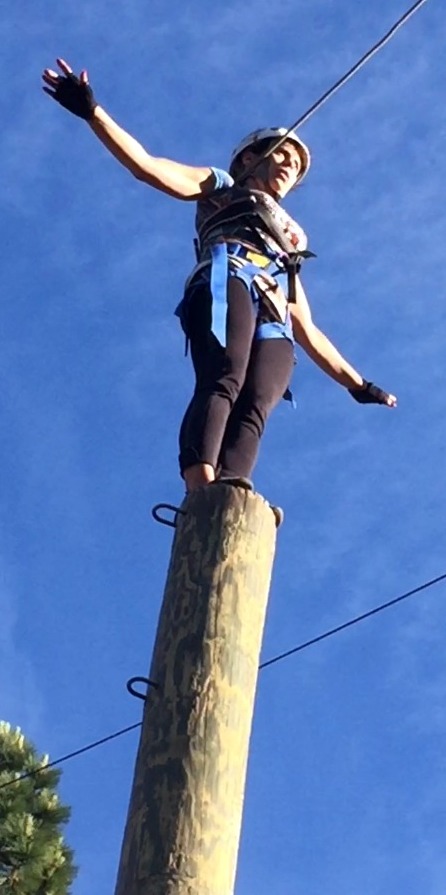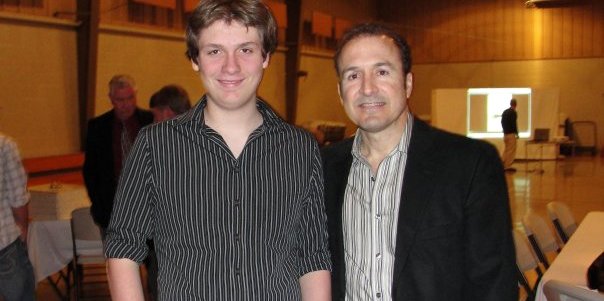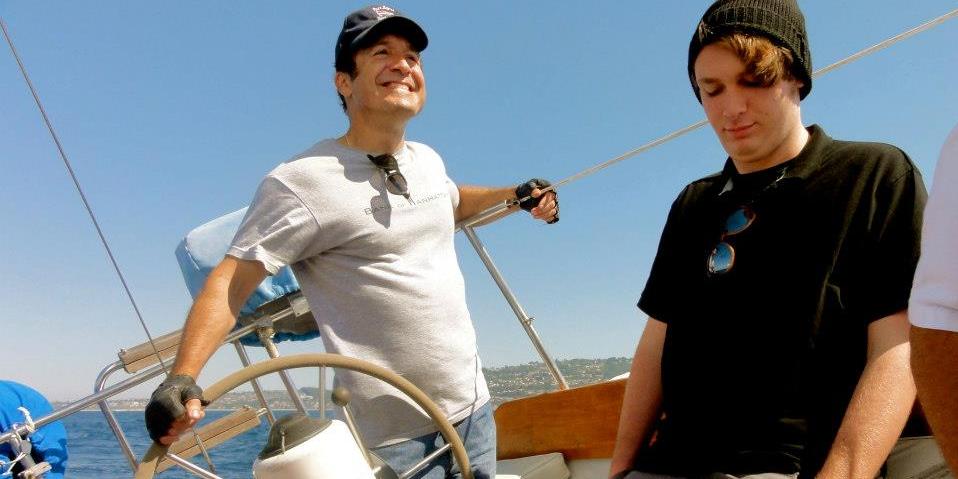Midlife Exercise – Is it Important?

Many people have the viewpoint that once you hit “midlife” working out and staying fit is no longer important or a priority. Of course, they have their excuses:
-
“I’ve had two kids and your body never really comes back from that”
-
“No matter how much I exercise, I’ll never look as good as I did when I was young”
-
(and my favorite) “My life is way too busy right now, I simply don’t have time”
Do any of these excuses sound familiar? Well, I’m here to tell you that exercise IS important, even if you are “too busy”. Studies suggest that even if you’ve never been one to spend time exercising, being or becoming fit in midlife can completely re-shape your aging process. People who don’t bother with fitness in midlife are more likely to develop heart disease, diabetes, and Alzheimer’s (among other diseases). This doesn’t mean that if you exercise, you won’t get these diseases later on. However, those who exercise tend to have these diseases for maybe the last five years of life while those who don’t exercise tend to have their diseases for the last 10 to 20 years of their life!
I don’t know about you, but I would rather be healthy until the age of 80 instead of being chronically ill at the age of 65.
So what do we do about this? We get fit! Here are some tips for getting started:
-
Realize that you don’t have to work out constantly. You need only 2.5 hours a week of moderate activity or 1.25 hours a week of vigorous activity. That means that you only have to exercise moderately for 22 minutes a day or exercise vigorously for 11 minutes a day! Where did your excuse about being too busy just go? And here are some bonus tips:
-
When you work out, make sure that you exercise for at least 10 minutes at a time (so you can increase your heart rate).
-
Also, exercise first thing in the morning. By the end of the day it is much easier to say you don’t have the time or are too tired from your busy day. First thing in the morning, you don’t have any excuses yet.
-
-
What does “moderately” and “vigorously” really mean?
-
Here are some exercises that fall under “moderate” exercise: dancing, bicycling (less than 10 mph), brisk walking, tennis, and even gardening!
-
Here are some exercises that fall under “vigorous” exercise: jogging or running, swimming laps, jumping rope, bicycling (more than 10 mph), and hiking uphill.
-
-
Use it or lose it! Make sure you spend a least two days a week working on strengthening your muscles! This can help you gain strength, minimize joint pain, and boost your mood!
So how about you? Can you find 11 to 22 minutes at the start of your day to improve your health for the rest of your life?






 The ropes course looked awesome…but the helmet necessary to participate was dusty, filthy and gross. What’s worse, I didn’t have a scarf to put between my hair and the helmet.
The ropes course looked awesome…but the helmet necessary to participate was dusty, filthy and gross. What’s worse, I didn’t have a scarf to put between my hair and the helmet.











